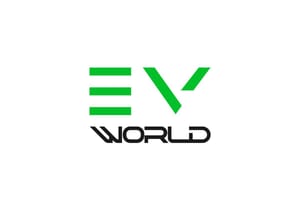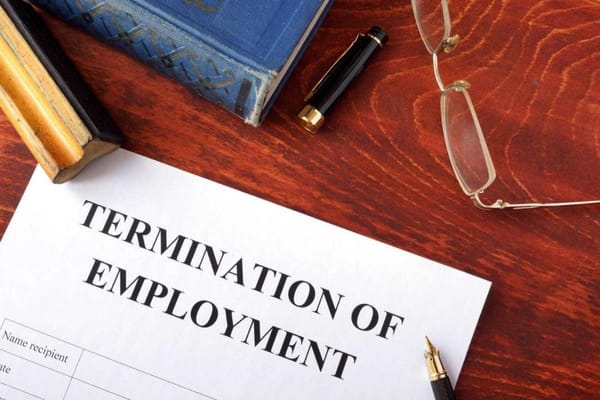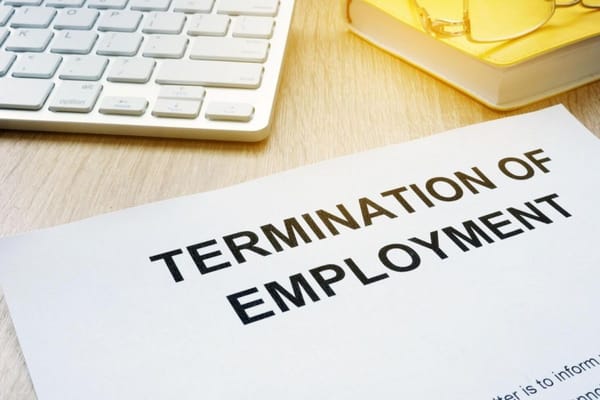Question: I had two post-dated rent cheques bounce in the past six months because I forgot to maintain the required balance in my account. My landlord has informed me that my bank account will be closed if a third cheque bounces. Is this true? Can a bank close my account due to bounced cheques, and if so, would I be able to open a new account at a different bank? What is the legal perspective on this matter?
Answer: Regarding the first part of your question, banks are required to inform customers, in writing, about the consequences of returned cheques when opening a current account. This includes potential fees, account closure, and the possibility of a negative report to the UAE’s Credit Information Agency (Al Etihad Credit Bureau). This obligation is outlined in Article 2.1.2.7 of the Consumer Protection Regulation (Circular No. 8 – 2020) of the UAE Central Bank (CBUAE), which states that for accounts with a chequebook facility, financial institutions must inform consumers of:
- Any limits on the number of cheques allowed in their chequebook.
- The repercussions of returned cheques, including fees, account closure, and/or a negative report to the Credit Information Agency.
Additionally, UAE banks follow guidelines from the Central Bank to close accounts for two years if four cheques are returned due to insufficient funds within a calendar year. If this happens again, the account may be closed for three years. This is based on the “Q&A on the new amendments to the Commercial Transactions Law” published by the Central Bank. The passage reads:
“For individuals with at least four returned cheques due to insufficient funds within a one-year period, their accounts must be closed for two years. If this occurs again, the closure period will extend to three years, and their unused cheques will be recovered.”
The Q&A was initially issued under the Federal Decree-Law No. 14 of 2020, which was later replaced by Federal Decree Law No. 50/2022, but the principle remains that banks in the UAE have the right to close accounts for returned cheques.
To understand whether your bank will close your account after a third bounced cheque or if it requires four returned cheques within a year, you should review the terms and conditions of your current account, or contact your bank’s customer service for more specific details on their policies.
Regarding the second part of your question, the CBUAE issued a press release on December 10, 2018, stating that banks must check customers' creditworthiness with the Al Etihad Credit Bureau (AECB) before issuing chequebooks. If a cheque bounces due to insufficient funds, it will be recorded with the AECB and negatively impact the customer's creditworthiness.
If your account is closed due to bounced cheques, this will be reported to the AECB, which can harm your overall credit score. If you later apply for a new account with a different bank, the bank will check your AECB score, which could influence whether they approve or reject your application. Depending on your score and the bank’s policies, they may also impose restrictions on your account usage, even if they accept your application.
News Source: Khaleej Times









